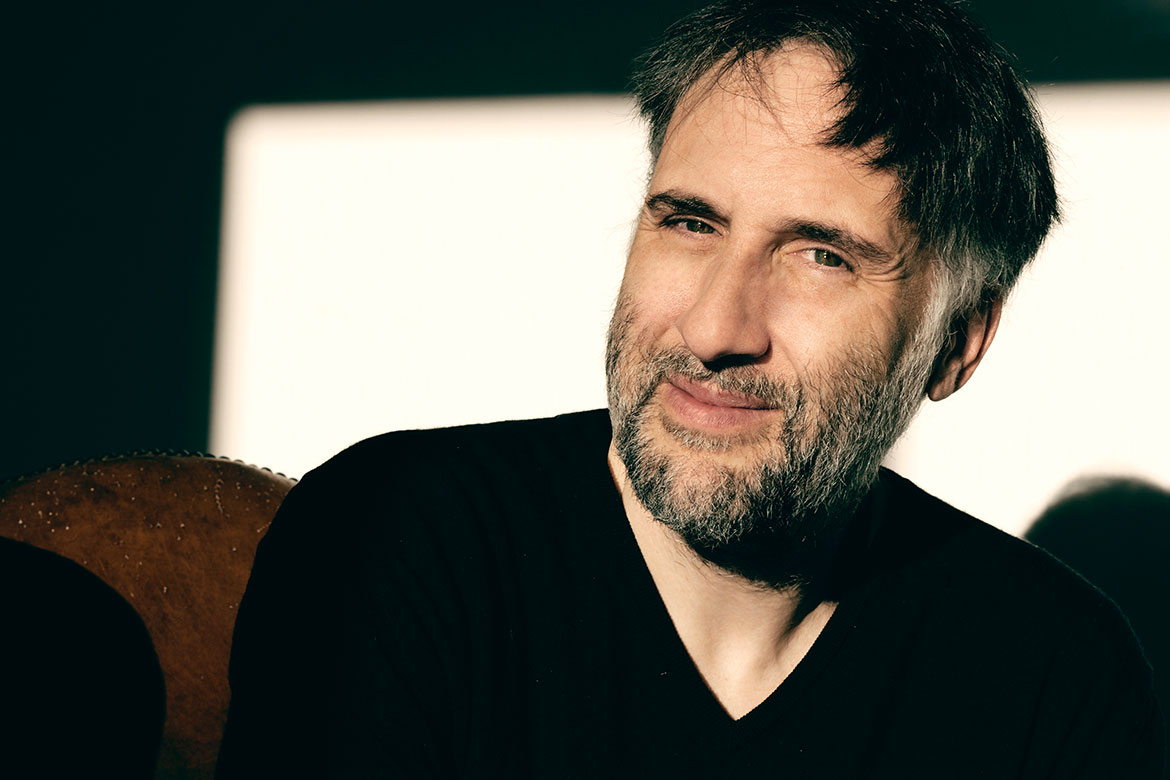IDEOLOGIES
“It’s cultural to believe in conspiracy theories”
The followers of conspiracy theories are less passive victims than self-assured actors, says Sebastian Dieguez, the co-author of the book ‘Le complotisme’ (trans. ‘Belief in Conspiracy Theory’).

Believing in conspiracy theories is a way of reaffirming group identity: “It’s us against them all”, says Sebastian Dieguez | Image: Lea Kloos
Have conspiracy theories become more common today?
The data are unclear. In any case, conspiracy is more present because it is talked about more. Themes change and become less important, but generally speaking they do not disappear completely. Theories about the Kennedy assassination or 9/11 are part of our culture: some people believe in them, others don’t, but everyone knows they exist.
You prefer to talk about belief in conspiracy theories instead of just conspiracy theory. Why is that?
This term emphasises that it is more about a way of understanding the world than about the validity of a theory. It’s an attitude, a rather particular way of appropriating information and current events. Moreover, believing in conspiracy is not generally something passive, a movement into which one falls in spite of oneself, but rather a deliberate desire to turn to subversive, even forbidden knowledge. Conspiracy theorists enter a counter-culture whose codes they must learn; they must acquire the right reflexes in order to respond to any criticism. There’s no difficulty in self-identifying as a conspiracy theorist; they rarely remain hidden at home.
Does a conspiracy theory have to be wrong, or is it the method that defines it, rather than the outcome?
I am interested in the cultural and psychological underpinnings of the phenomenon, not so much in fact checking. The theories are based on intellectually invalid claims. We have never seen a real conspiracy be uncovered by conspiracy theorists – and there have been many, e.g., Watergate, CIA surveillance. Clearly, they’re doing something wrong. If revealed, a real conspiracy would grind to a halt and lead to events like the arrest of the perpetrators. On the contrary, conspiracy theories are undecidable and therefore indestructible, thanks in particular to their recursive structure: a secondary conspiracy is added to the main one, that of the secretive government, itself manipulated by a hidden power, etc. In other words, the absence of proof for the first plot serves as evidence of the second.
Does believing in conspiracy theories provide us a way out of the societal problems of our time, e.g., individualism, lack of moral guidance and the increasing complexity of the world?
It’s a generic device that can be used in a variety of ways. It can help to reaffirm oneself, or it can offer a black and white vision, with villains pulling the strings and being responsible for all our problems. But it is also a tool used by extremist or sectarian groups to assert their power and justify their importance. It is a way of reaffirming group identity – “it’s us against them all” – and of defining oneself not as a victim but as an enlightened resister. The vision of the opponent as an absolute evil must be maintained and dialogue cut off, otherwise the momentum is lost and we fall back into the ordinary norms of democratic debate.
You also write satire for Vigousse magazine. Do you see any connection with conspiracy theory?
I study the mechanisms common to both, e.g., counterfactual thinking (Ed. imagining the consequences of history having transpired differently). Satire creates a ridiculous world to reveal the imperfect nature of our societies. Conspiracy creates a very negative world to highlight the utopia to which it aspires – peace, harmony, democracy. Both produce a commentary on the world.




